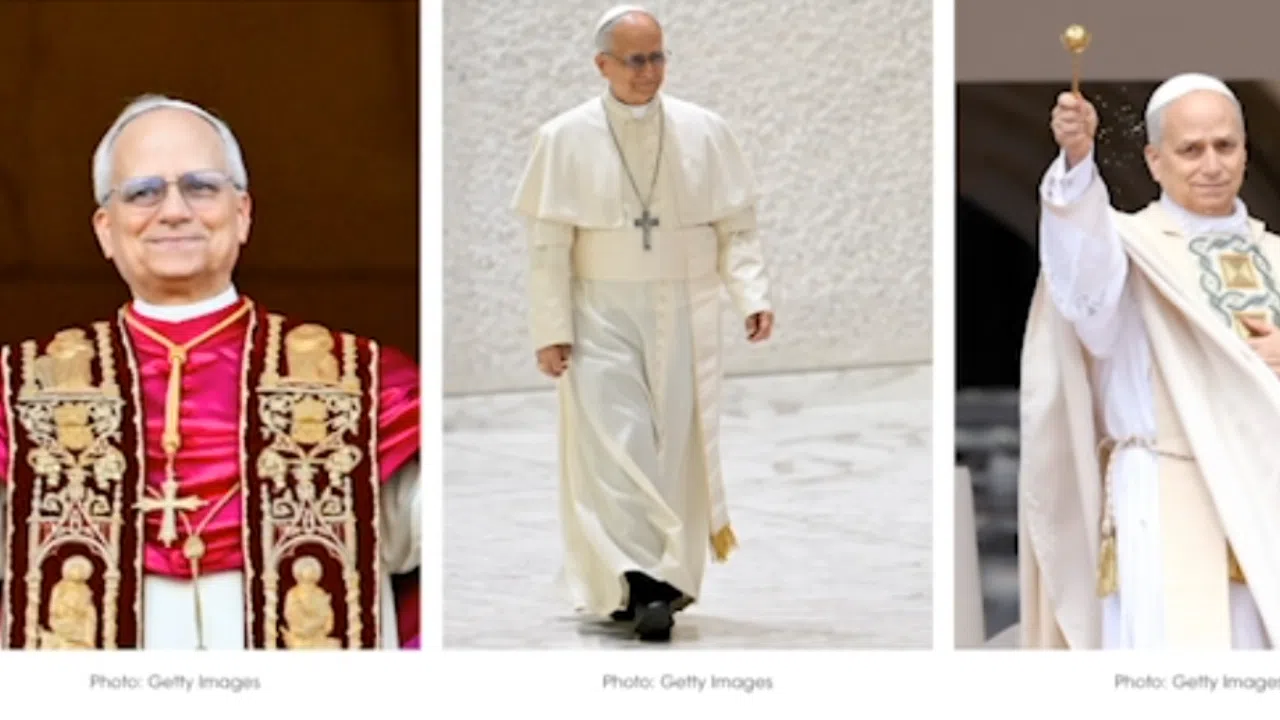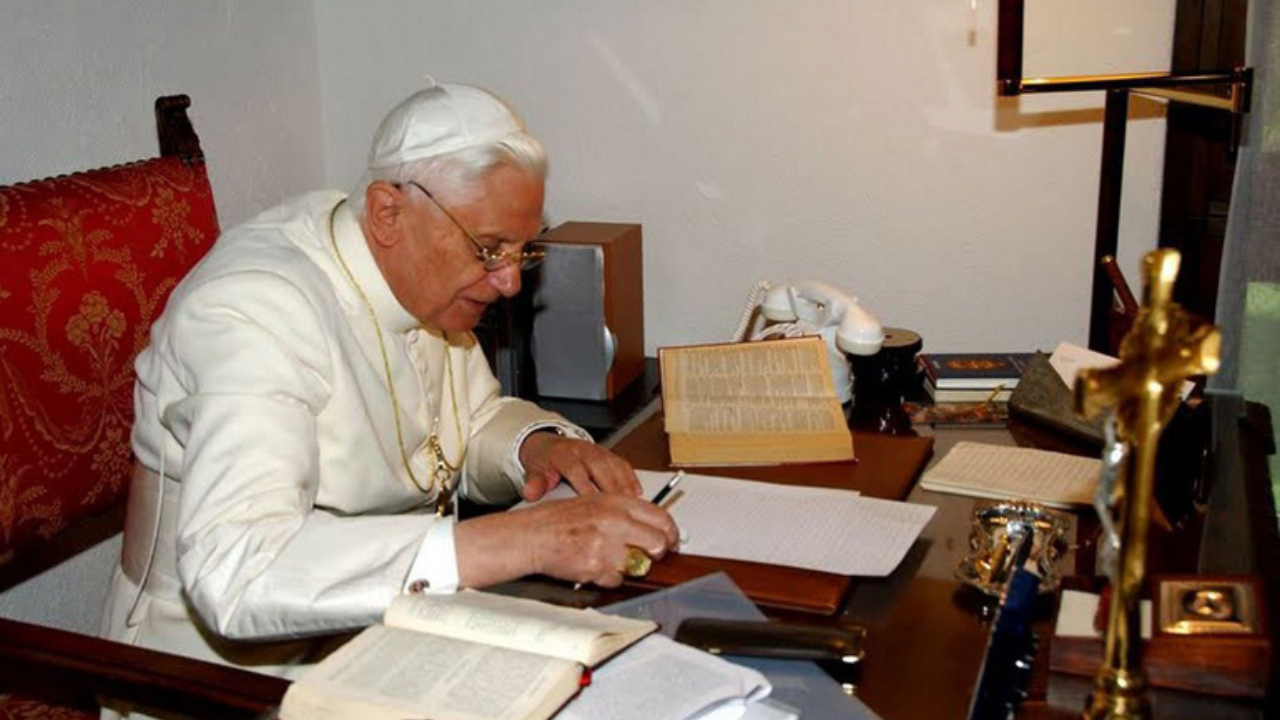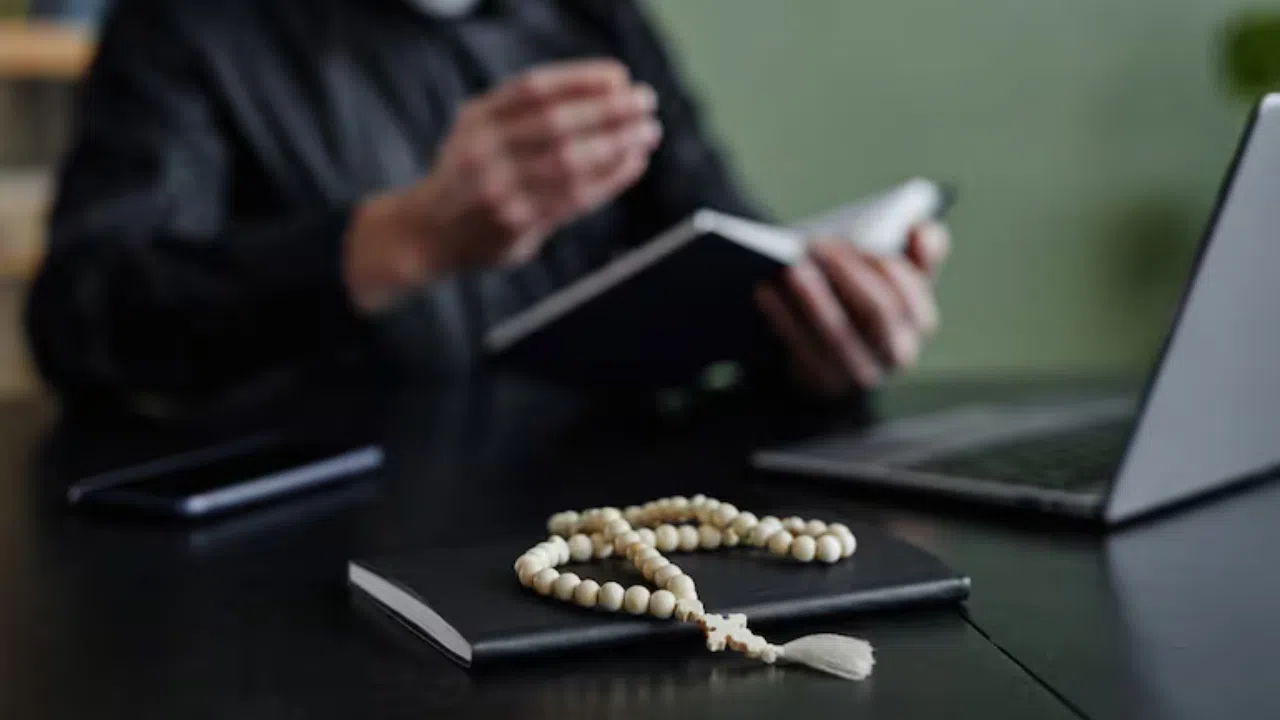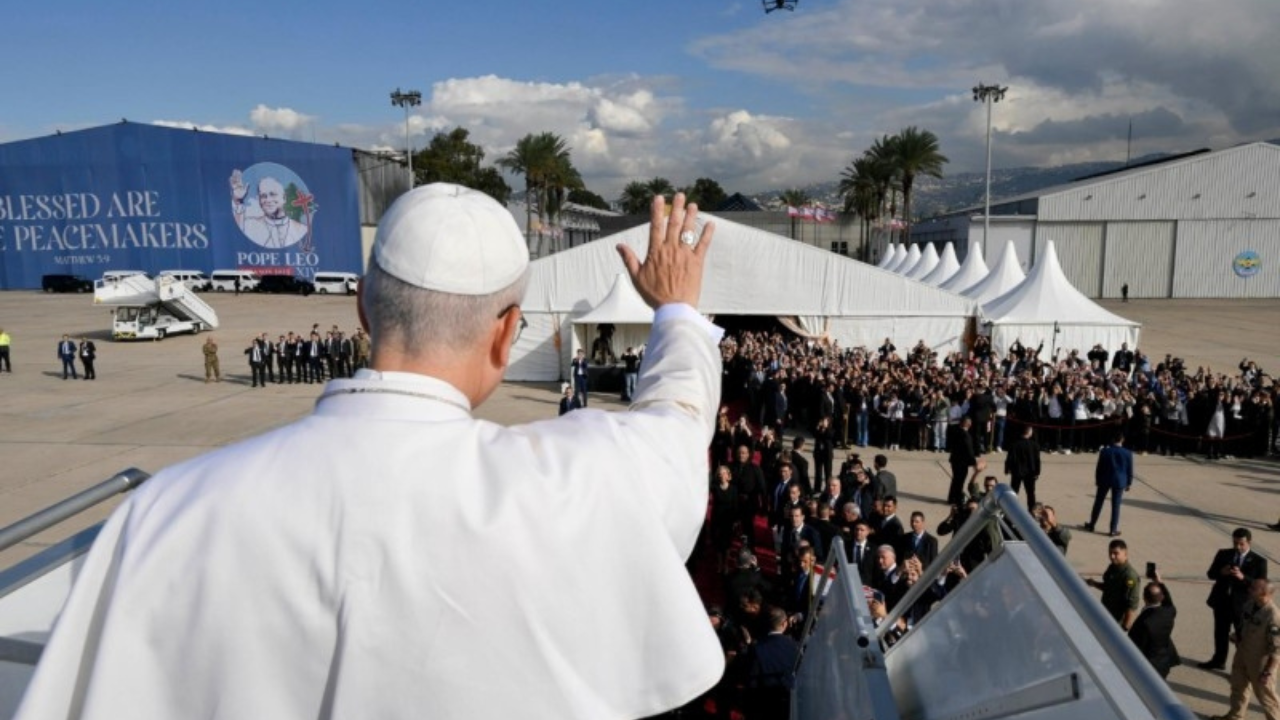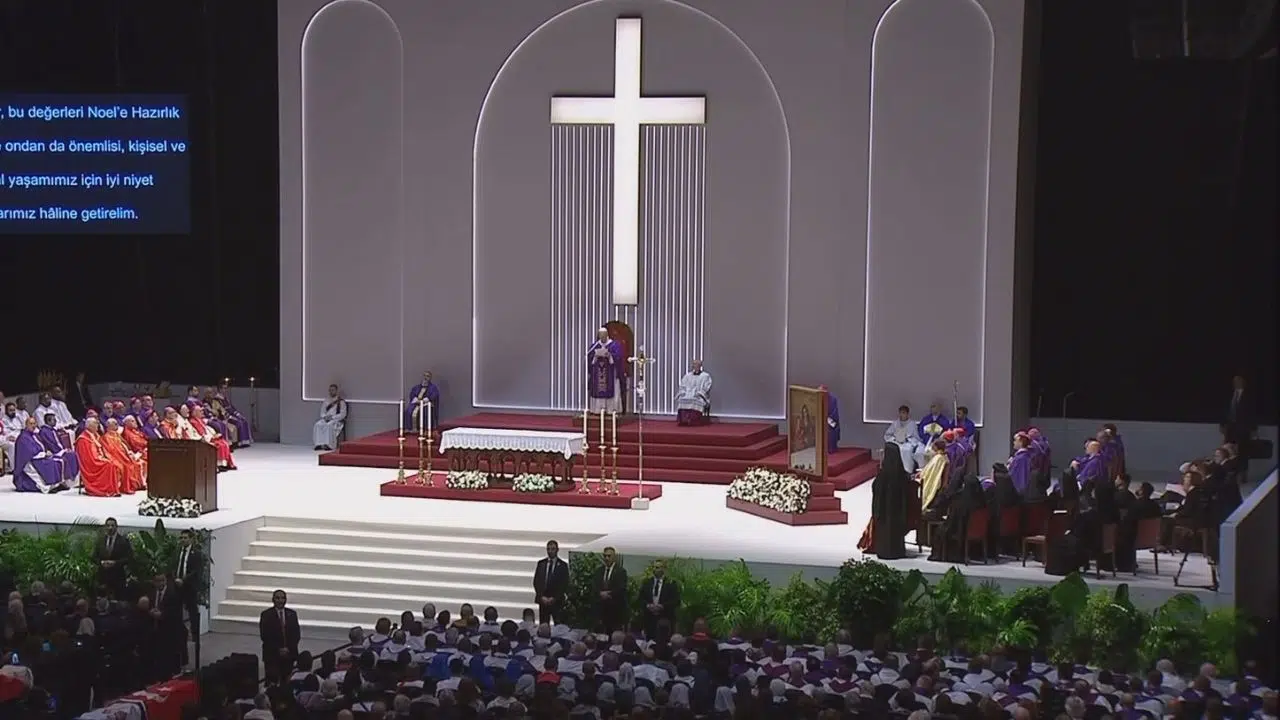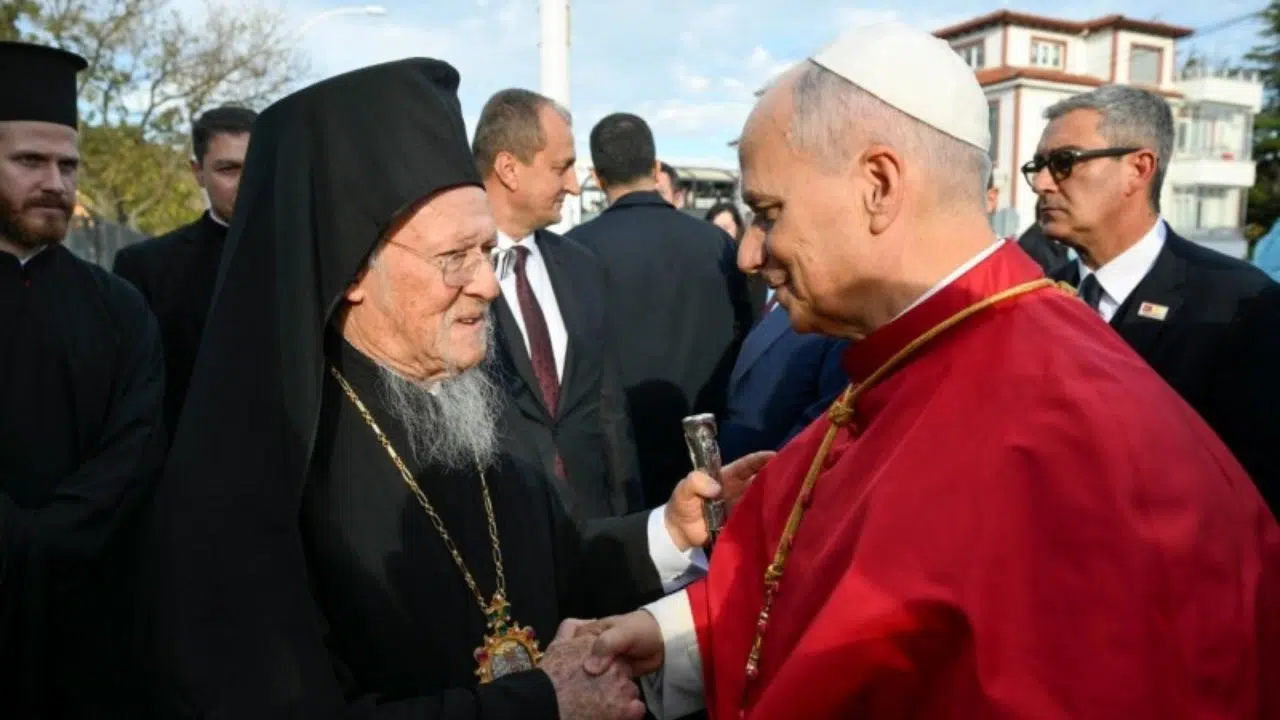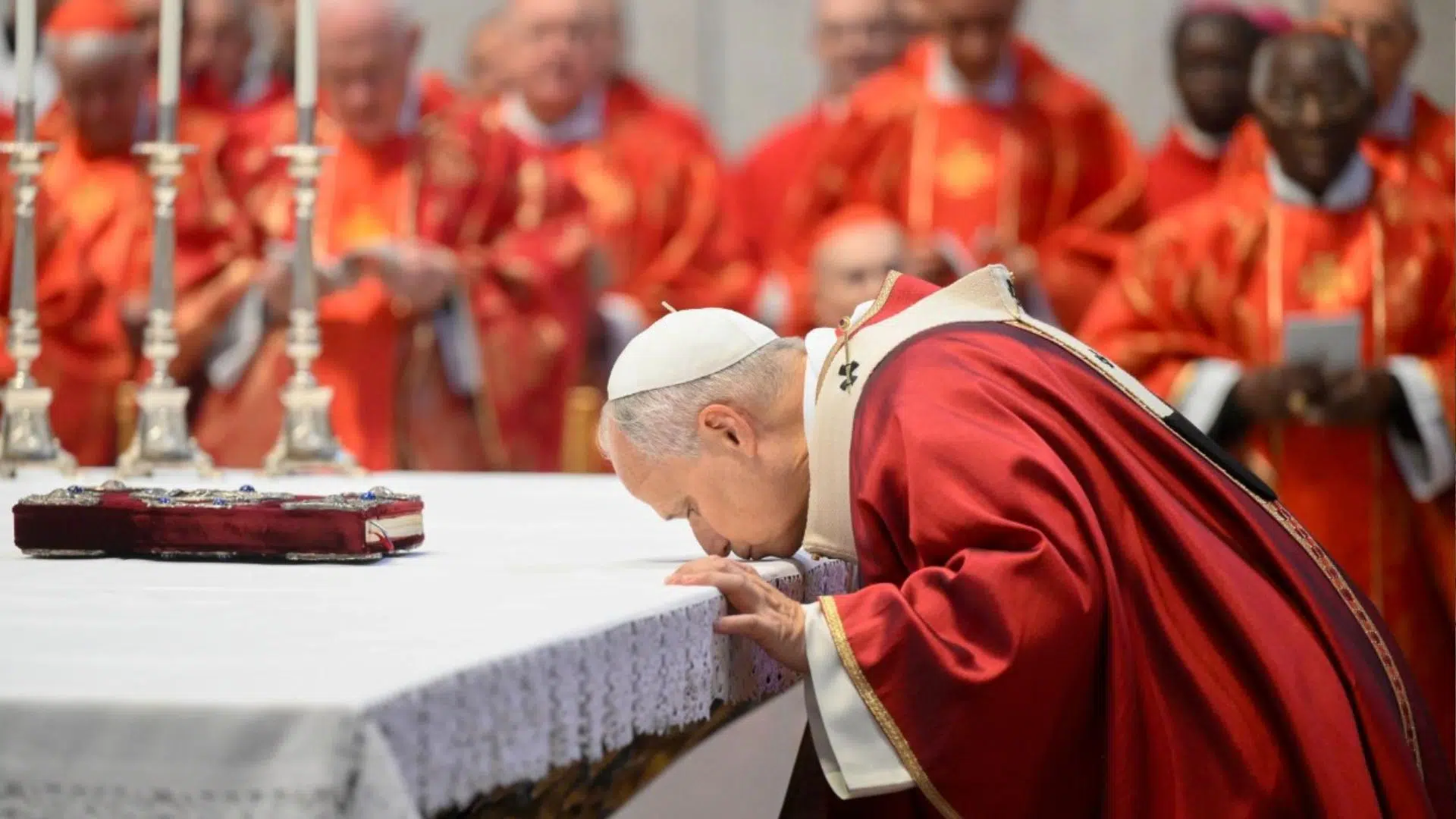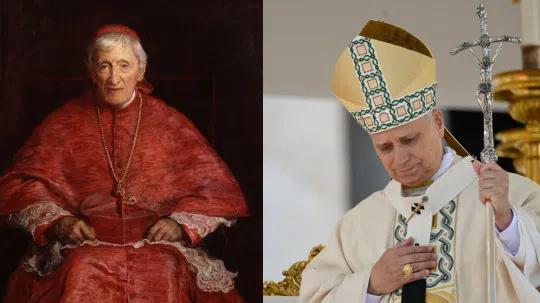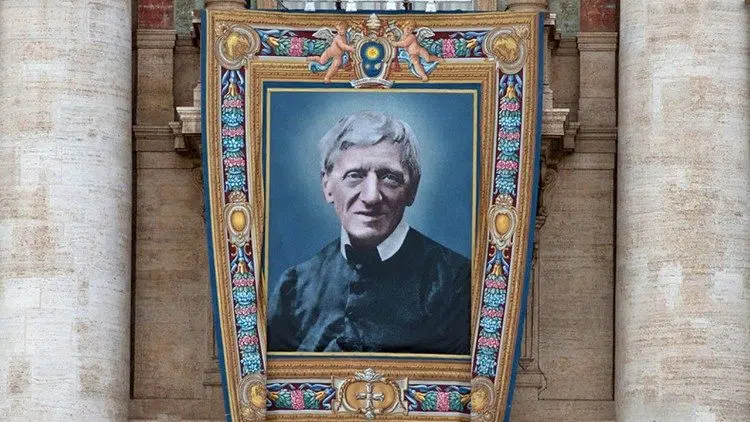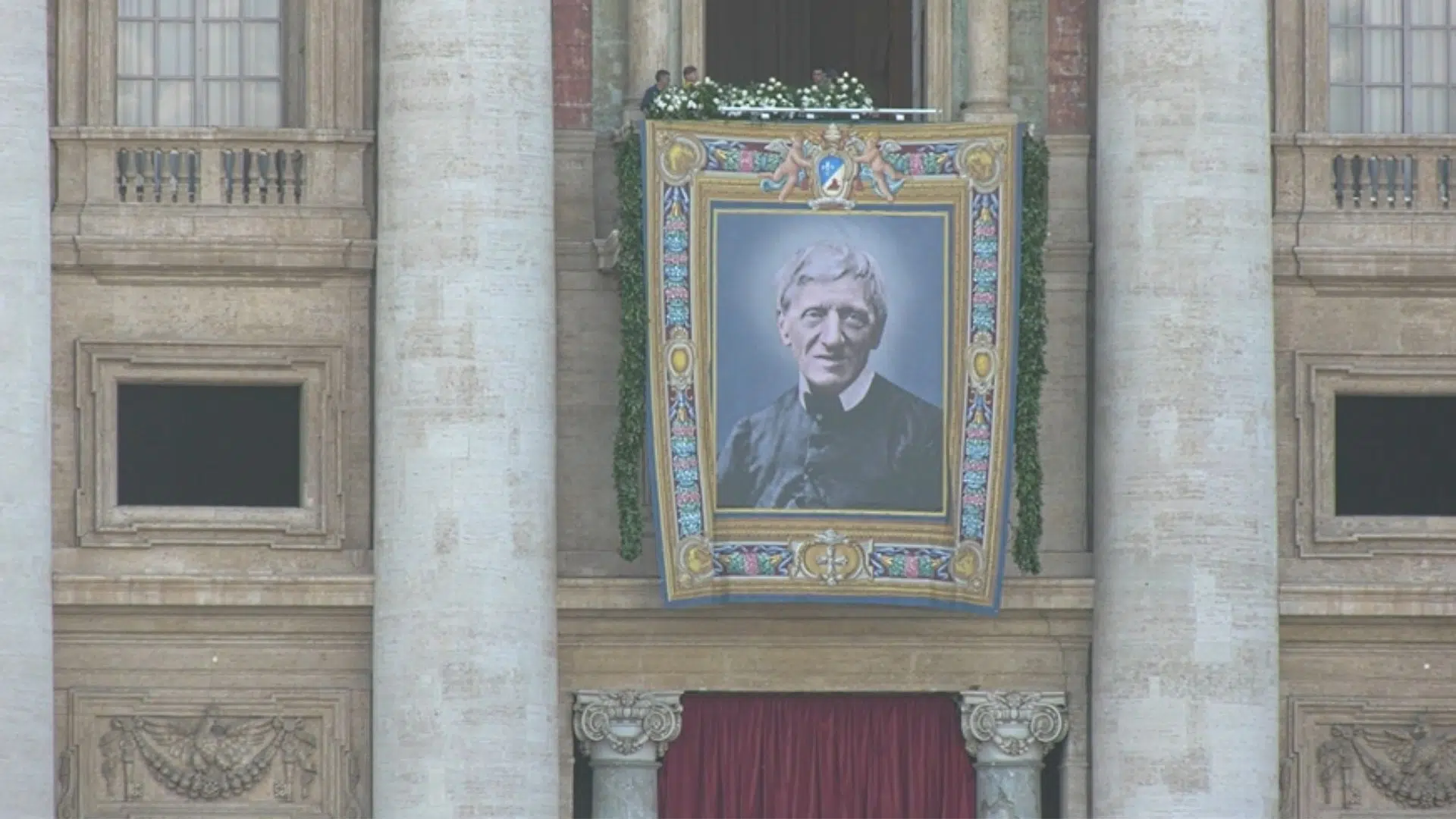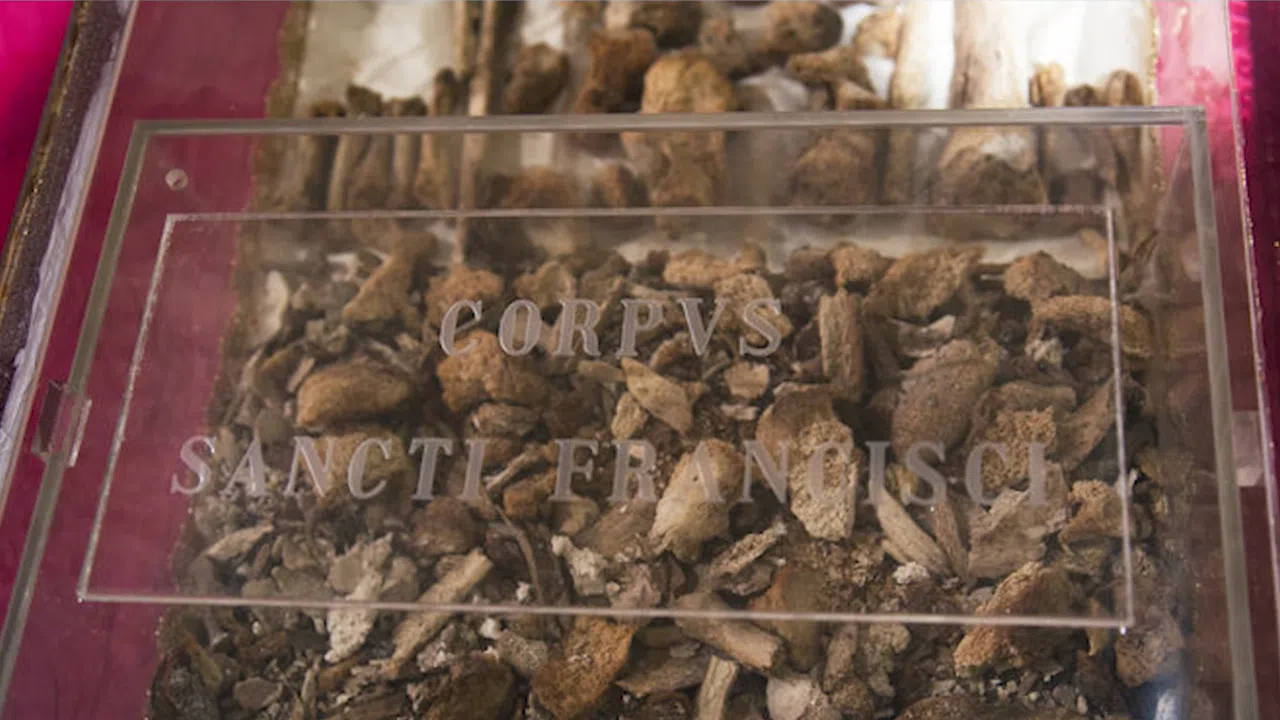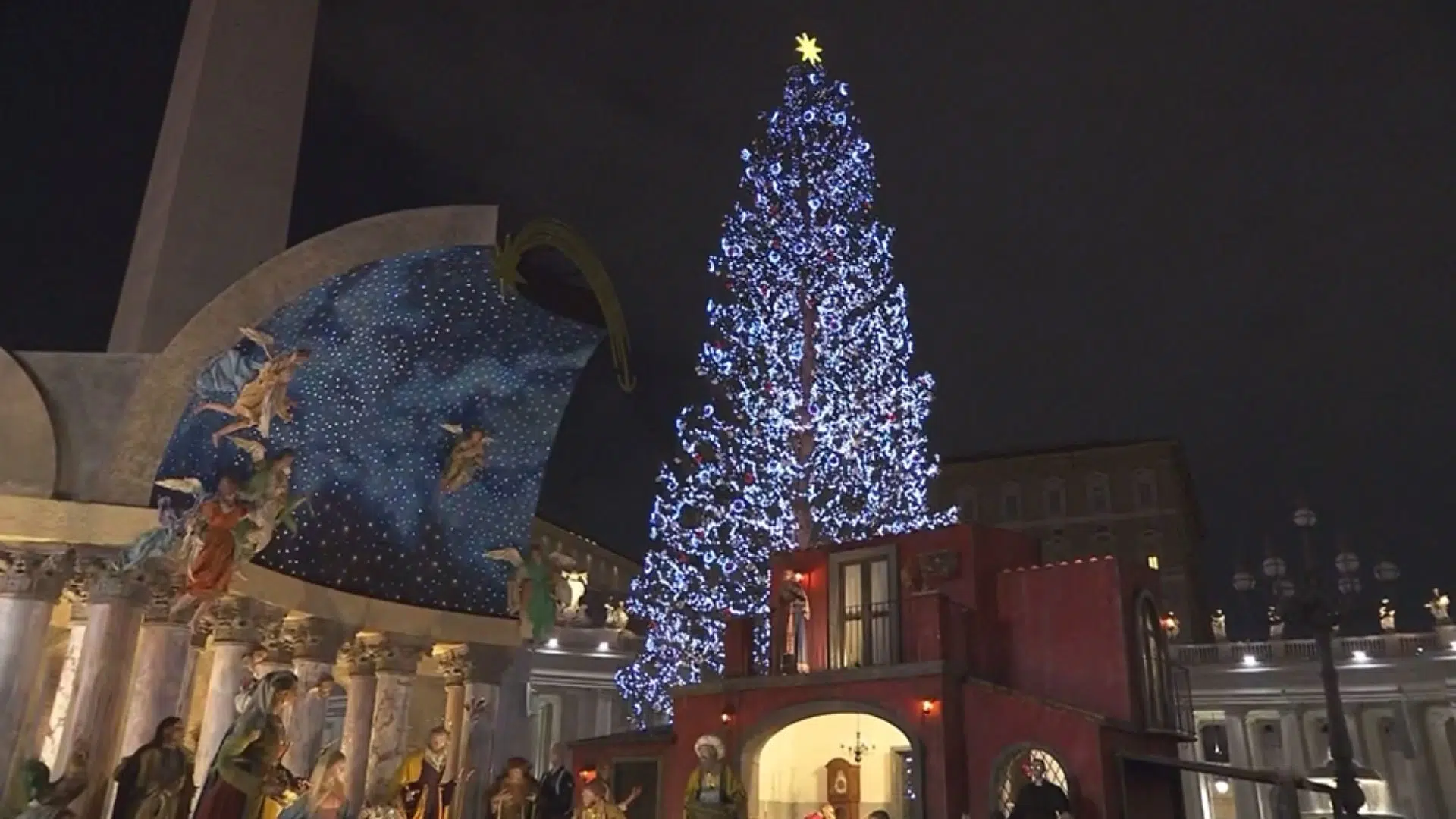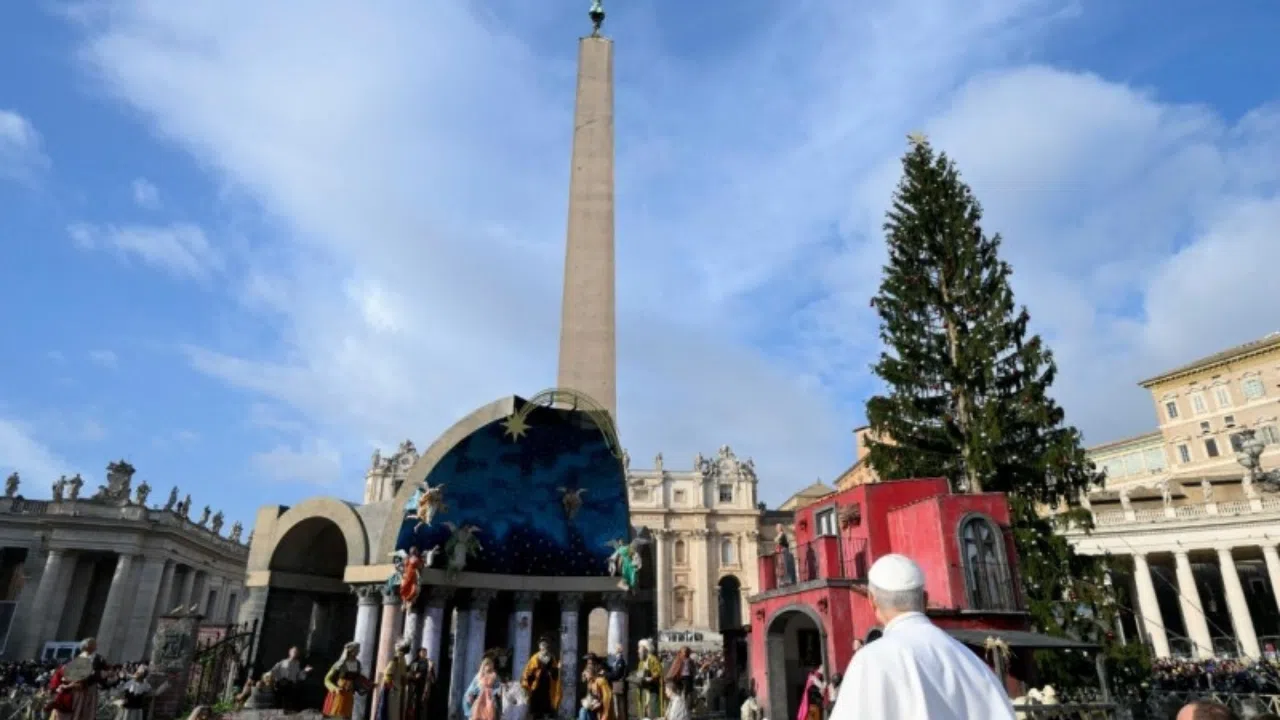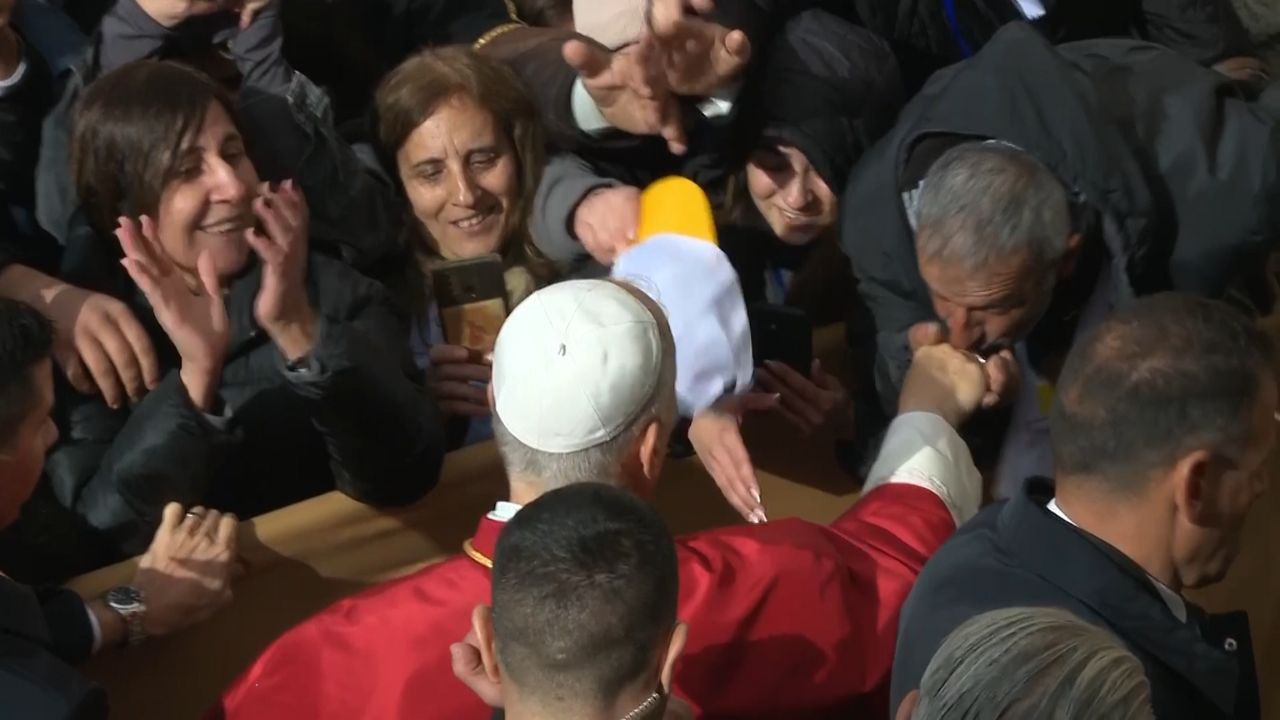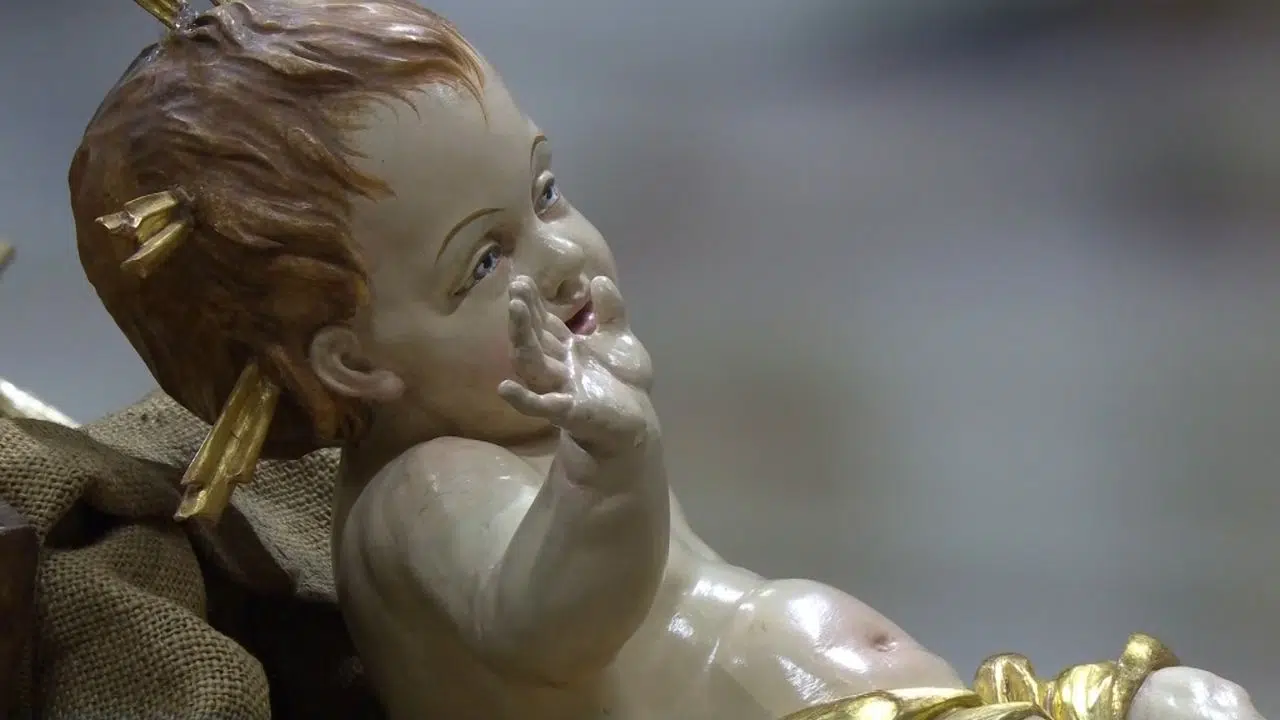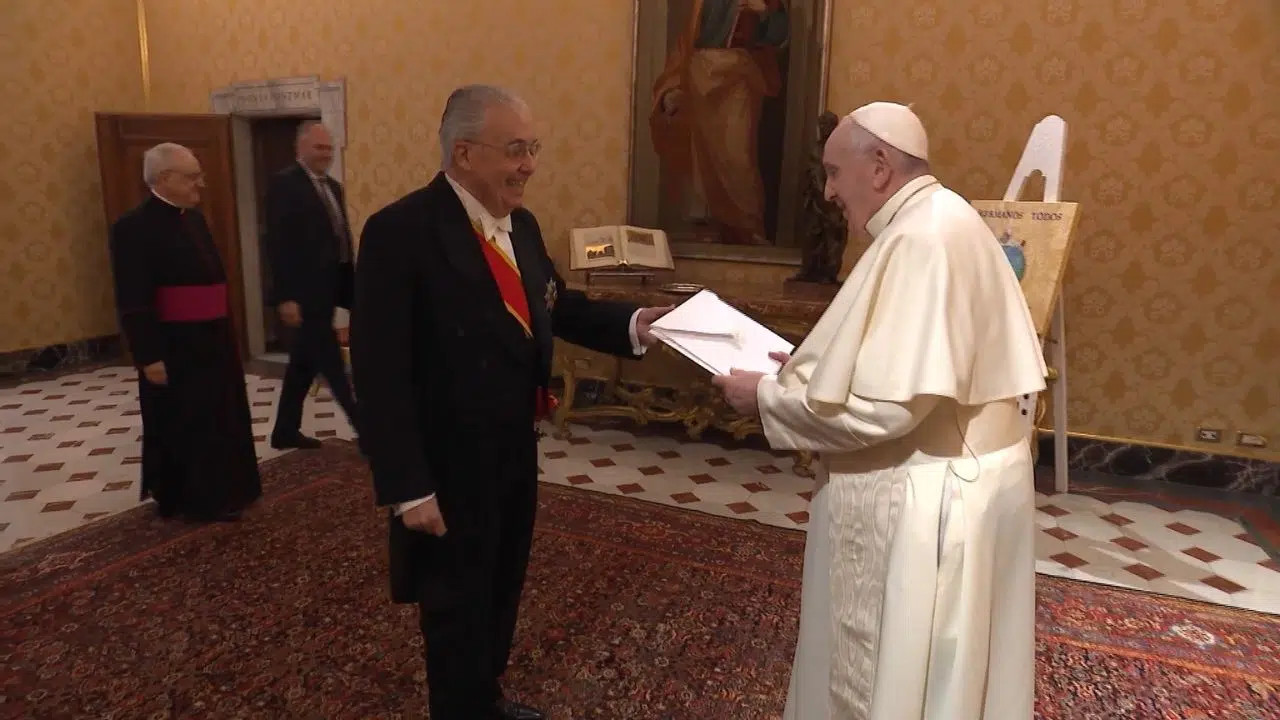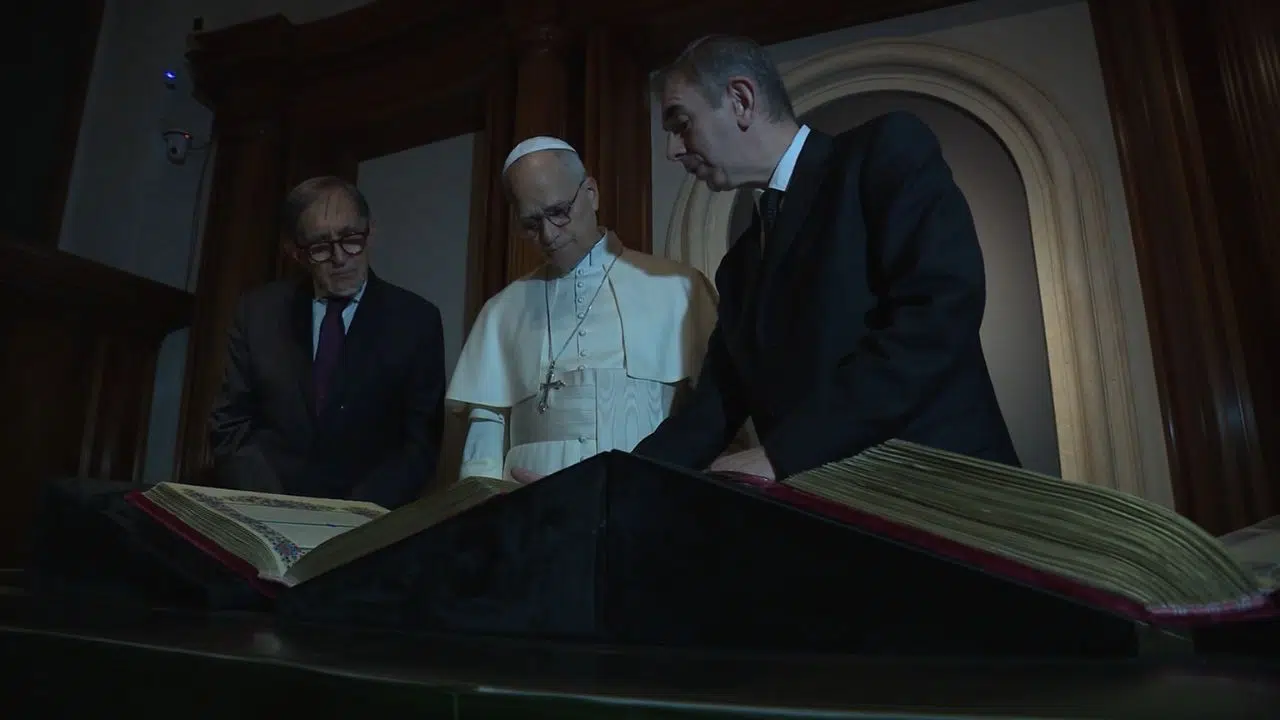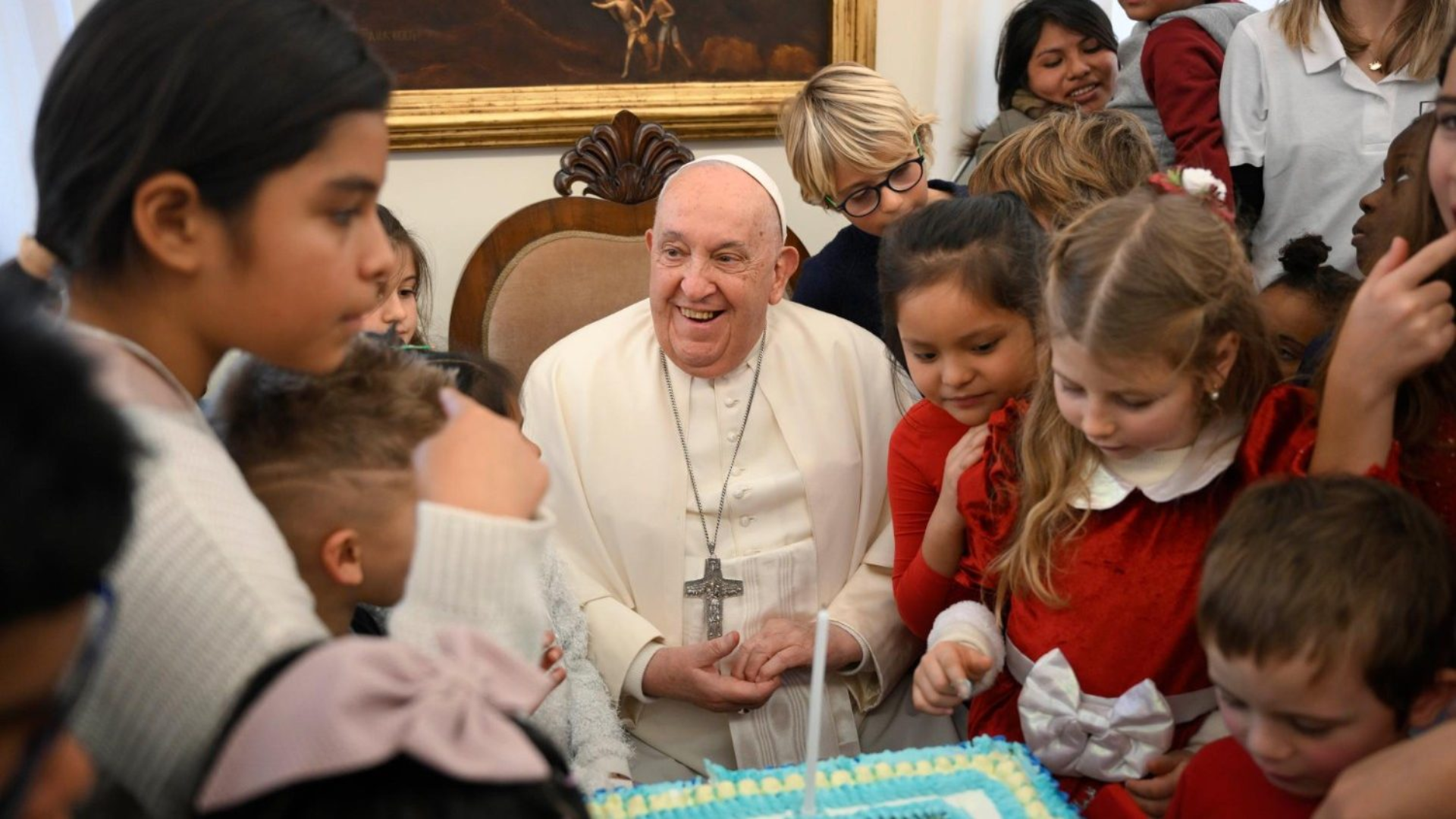The current Archbishop of Bologna, Cardinal Matteo Zuppi, has extensive diplomatic experience dealing with tough conflicts.
He was part of the team of mediators that facilitated the Peace Accords in Mozambique in the early 90s.
CARDINAL MATTEO ZUPPI
Archbishop of Bologna (Italy)
“How did we do it? First, we sought to understand who the interlocutors were for the different sides. With the government it was clear, although it was evident that even within the government, there were different positions. Then there was the Mozambican National Resistance, a small guerrilla group that the government classified as armed bandits, thus stripping them of all political legitimacy.”
The Cardinal recalls that it was with a lot of patience and delicacy that the mediators managed to get the government to start a dialogue with the guerrilla group.
After two and a half years of negotiations, the parties signed a peace treaty at the Community of Sant'Egidio's headquarters in Rome, putting an end to a war that had been raging for 17 years.
The Cardinal notes that it is very difficult to obtain lasting peace. He says that in situations like that in Mozambique, if the flame of peace is extinguished, the embers can be easily rekindled.
CARDINAL MATTEO ZUPPI
Archbishop of Bologna (Italy)
“There are many conflicts in which, unfortunately, it isn't clear who the interlocutors are. In these situations, violence wins out. You can lower the temperature, so to speak, so that they become low-intensity conflicts. But they don't disappear, and sometimes they can escalate.”
The Cardinal is a member of the Community of Sant'Egidio, an institution dedicated especially to the peace process. It is currently promoting dialogue in South Sudan.
The institution is also responsible for many activities aimed at helping migrants. It is among the organizations that promote humanitarian corridors to help integrate immigrants into Western countries.
Javier Romero
TR: CT
